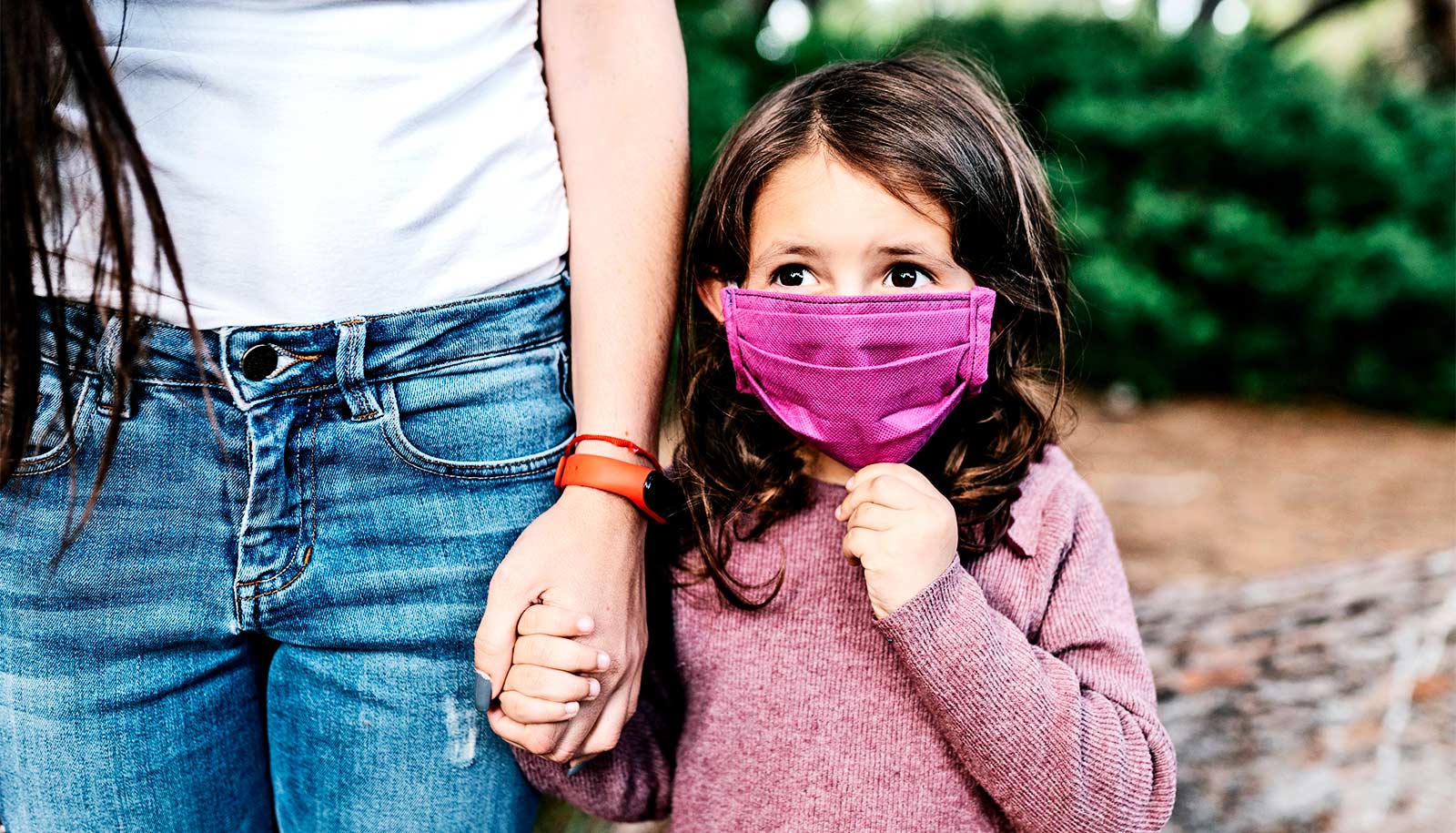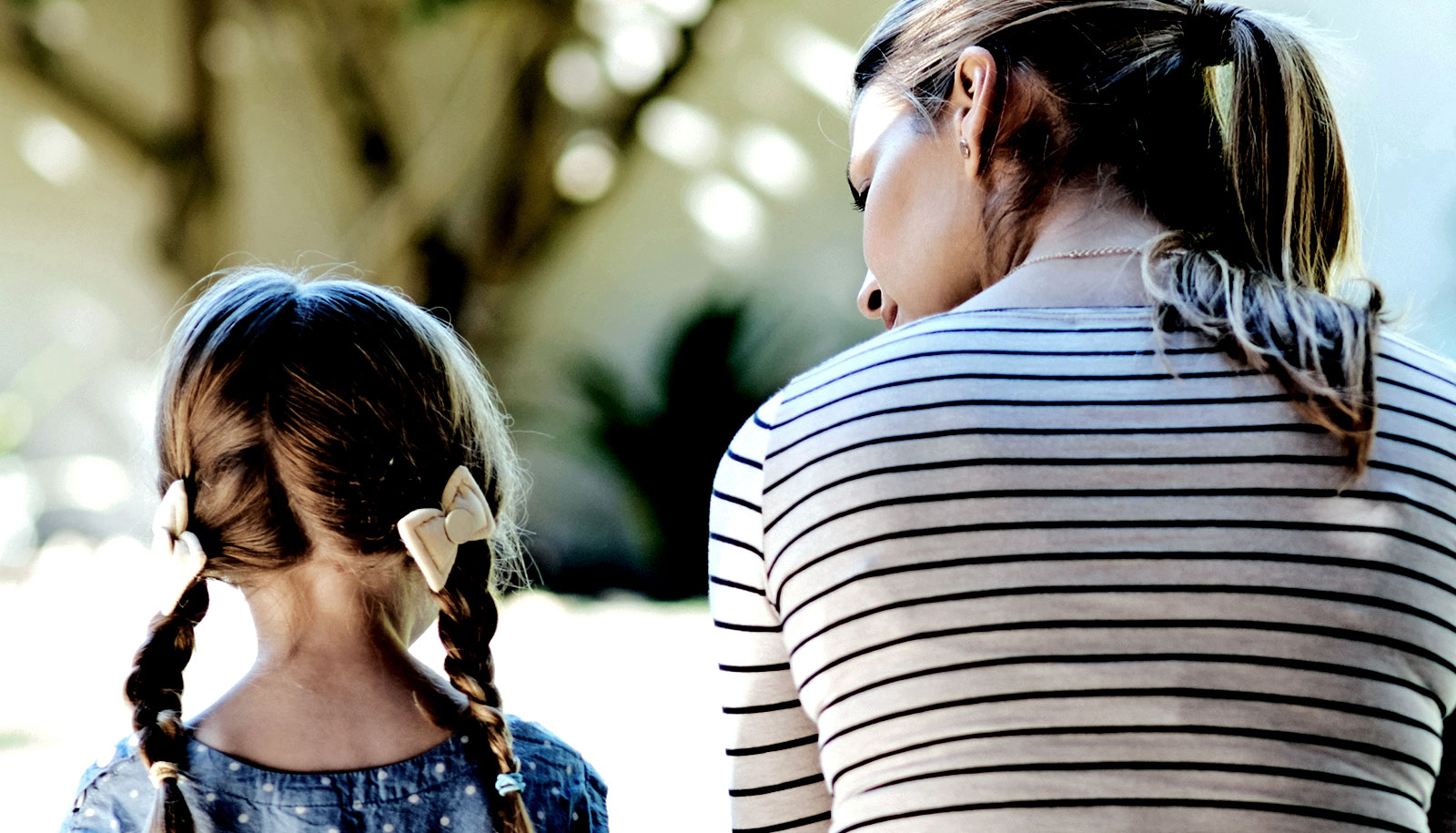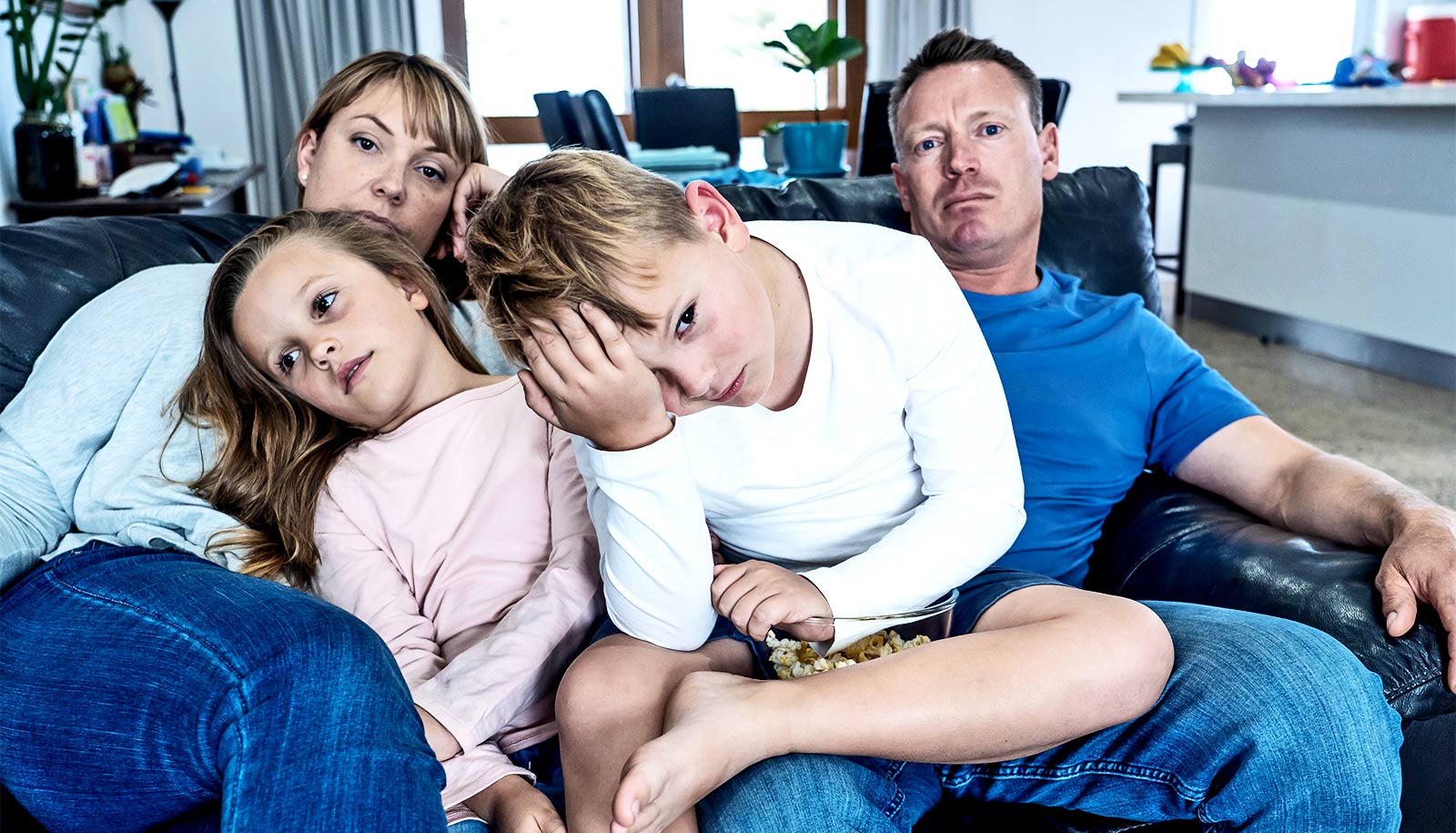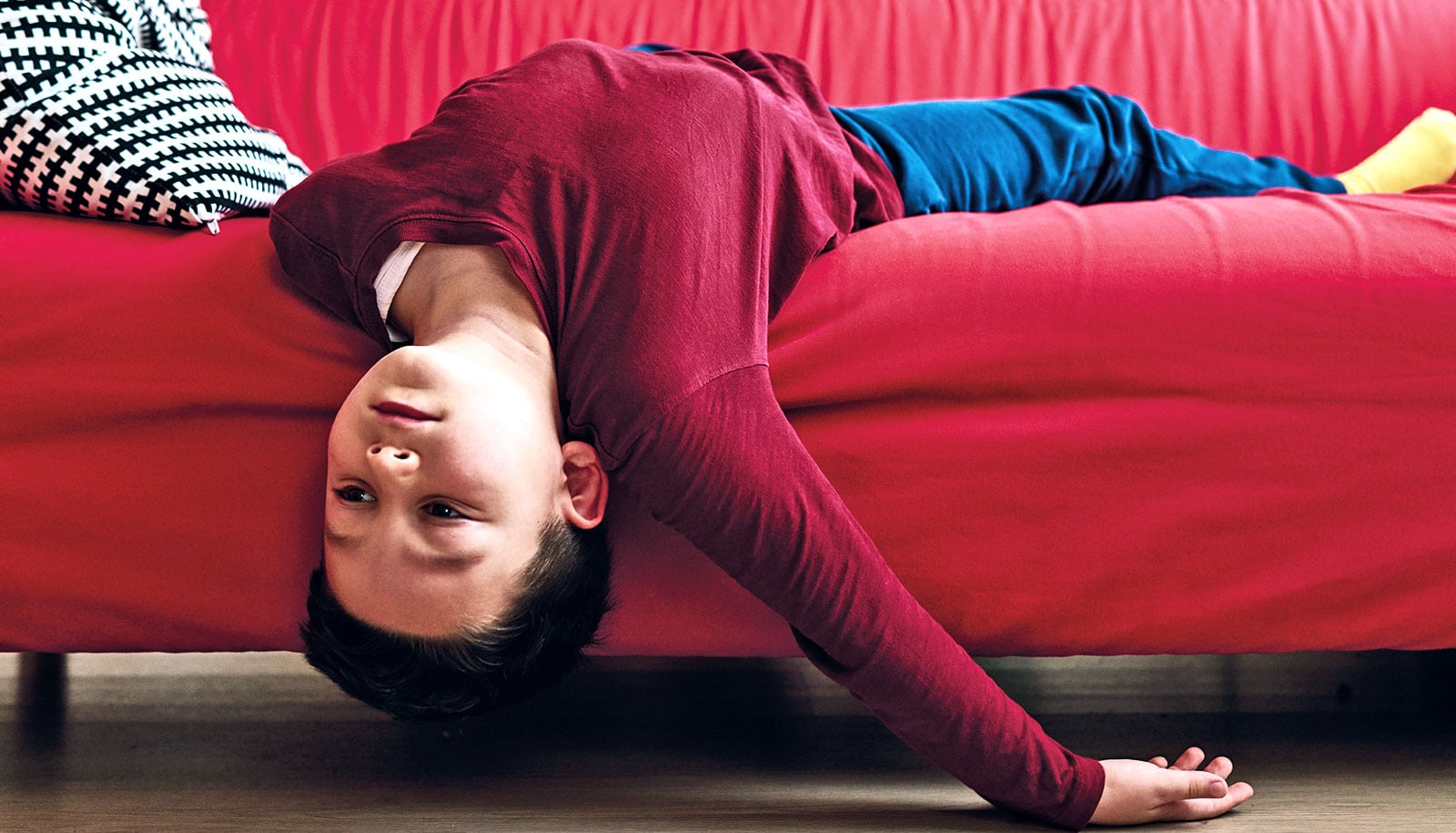Many students have been out of their classrooms for a year and a half, and though this fall is shaping up to be more “normal,” there are still plenty of questions about what back to school will look like.
Gearing up for this year’s back-to-school season means thinking about a lot more than notebooks and highlighters.
“We may be quarantined at different times or back to e-learning. We may or may not be wearing masks,” says Jennifer Katzenstein, director of psychology and neuropsychology and co-director of the Center for Behavioral Health at Johns Hopkins All Children’s Hospital.
“And there are going to be times throughout our return to school when it’s going to be tougher. There will be more demands throughout the day—of social interactions and academics. So there are going to be times when we’re frustrated.”
The key to getting through all this is as much preparation as possible, Katzenstein says. That includes setting up play dates to ease kids into seeing more friends again, encouraging family discussions about feelings, and seeking out help when mood changes and elevated anxiety levels are affecting a child’s ability to engage in everyday life.
Here, Katzenstein shares her advice for families entering yet another phase of uncertainty:
What can parents start doing right now to help prepare for this transition?
I’d really like to see families making time every day for a check-in just to see how things are going. During that time, we put our electronics down and we really just listen and pay attention. We’re not asking a whole bunch of questions. We’re not looking for an answer necessarily. Just, “How are you feeling?” And then let our kids kind of guide us from there.
What kinds of responses should parents be looking out for?
If the child says, “I don’t want to go to school anymore,” then it’s definitely the time to unpack that and just talk about it. Is there an increase in worry? Are our kids starting to be more irritable or easily set off? Are they avoiding activities they previously enjoyed?
Those are signs that something more is going on from an anxiety standpoint or a mood standpoint, and you should follow up with your pediatrician or with a therapist or psychologist. Definitely if they bring up any signs or thoughts of, “It would be better if I wasn’t here” or “I wish I were dead,” then we of course want to get some additional support.
If children are nervous about returning to in-person classes, how can a parent make it feel less daunting?
The more information we can get our kids early, the better. Can we get a couple of tours of the school? Can we find out where their locker is going to be? Can we get the schedule earlier and find out who’s in our classes? All those unexpected pieces that we can learn about early are so huge to relieve anxiety and set the expectations really clearly.
And there’s thinking about the organization piece, and practicing what that’s going to look like. Our kids aren’t going to be sitting at home with all those textbooks ready for them. They’re going to be balancing getting to their lockers and changing classes. Let’s set a timer, see how long it will take you to get from this class to this class, get to your locker, make sure you have time to use the restroom.
What other issues have your patients been struggling with recently?
Throughout the pandemic, and especially without school schedules being clear, the problem is sleep. It’s always an issue going back into a new school year. So I would really remind families to maintain that sleep schedule the best you can. That’s for both going to bed and waking up, even on summer vacation, and even on weekends.
We need to be sure we have a good wind-down time before bed with no electronics, preferably with the lights dimmed. Maybe there’s a bath or some reading or a meditation app. In addition to that, make sure that the sleep space is calm, cool, and comfy. So many great things happen when we have great sleep. It can help with disruptive behaviors. It can help with anxiety. It can help with management of concerns of the day. And it can help with their openness to learning when they’re in the classroom, too.
Source: Johns Hopkins University



